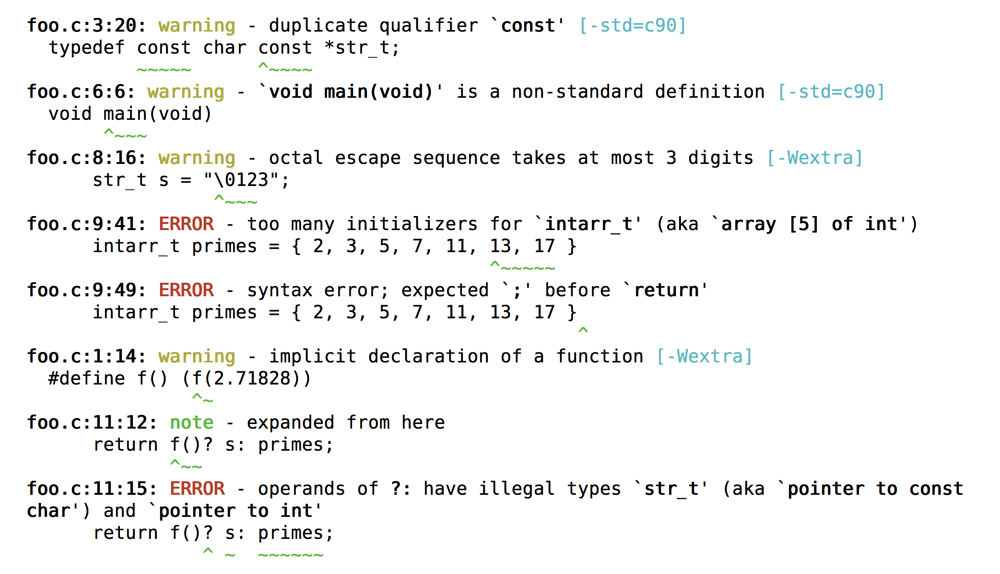https://github.com/mycoboco/beluga compiler with a riscv32-backend and changes for cygwin.
The riscv-testcases are located in the riscvtst folder. To run the tests python3 and iverilog (https://github.com/steveicarus/iverilog) or https://www.veripool.org/wiki/verilator and the following steps are needed:
- create the compiler and the binutils from root directory: "make"
- in the riscvtst folder either goto iverilog or verilator directory "cd iverilog" || "cd verilator/fatfs/"
- build the simulation model: "./buildsim.sh"
- in the riscvtst/iverilog folder run either one testcase "./run.sh sort", or all testcases (located in riscvtst/src): "./runall.sh" The results will be placed in riscvtst/result.
- in the riscvtst/verilator folder compile with "./buildfw.sh sort", Run the simulation in riscvtst/verilator "./runsim.sh"
beluga is a standard C compiler being developed based on an earlier version
of lcc. It supports C90 (to be precise,
ISO/IEC 9899:1990)
as its ancestor does and is planned to extend the coverage to
C99
(and
C11
finally).
Compared to its parent, beluga carefully implements the language standard
and thus provides production-quality diagnostics including caret diagnostics,
range highlighting, typedef preservation and macro expansion tracking:
The generated code is not highly optimized, but satisfactory enough for daily use. (This is a hobby project; never easy for me alone to catch up production compilers like gcc and clang+llvm.)
beluga currently produces assembly output for
x86 only (and uses an assembler from the
target system). Thanks to its origin, however, it can be readily retargeted to
other platforms. Support for 64-bit machines (like
x86-64) requires new significant
features to be implemented and is one of most important goals of this project.
Also I'm redesigning each part of the compiler aiming for better structure (e.g., see below for an integrated preprocessor) and have a plan to completely replace the back-end interface and implementation to ease adoptation of more ambitious optimization techniques mainly based on a CFG.
The preprocessor formerly developed as a separate executable under the name of
sea-canary, has been integrated into the compiler. It reads source code and
delivers tokens (not characters) to the compiler proper via a token stream (not
via a temporary file). It is
fairly fast, is correct enough
to pass many complicated
test cases, produces
highly compact output and has rich diagnostics. For example, it catches, with
-Wtoken-paste-order option, code that subtly depends on an unspecified
evaluation order of the ## operator like this:
#define concat(x, y, z) x ## y ## z
concat(3.14e, -, f) /* non-portable */
and, due to the line mapper shared by the compiler, it pinpoints problematic spots as precisely as possible:
The current version conforms to C90, but supports features like empty arguments and variadic macros introduced in C99 and widely used now.
You can try them out on the beluga's
web page.
INSTALL.md explains how to build and install the package. For the copyright
issues, see the accompanying LICENSE.md file.
If you have a question or suggestion, do not hesitate to contact me via email (woong.jun at gmail.com) or web (http://code.woong.org/).

